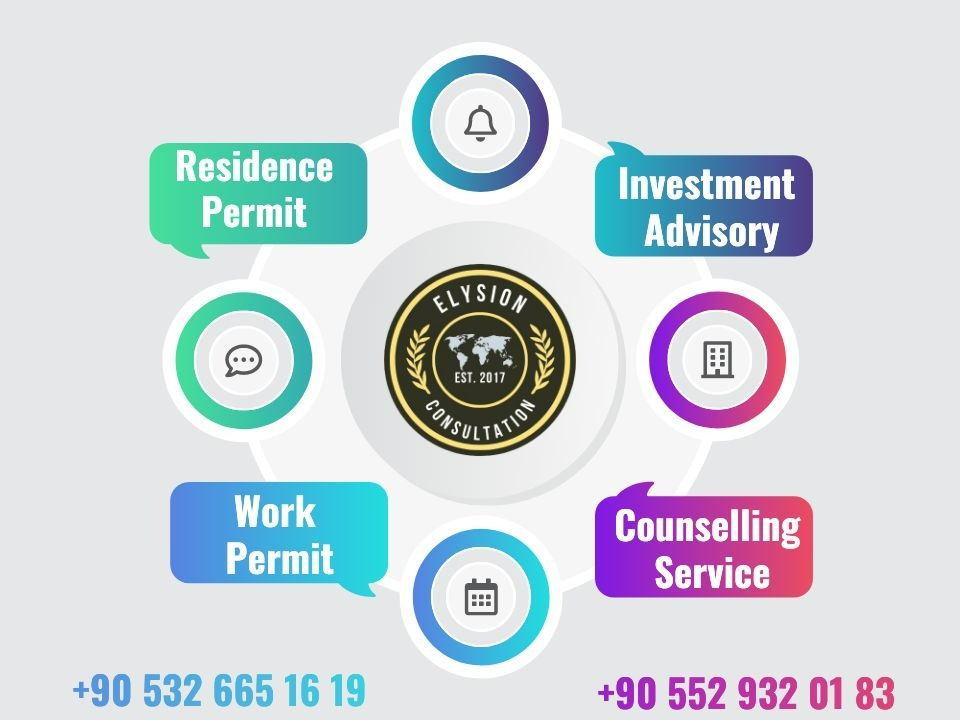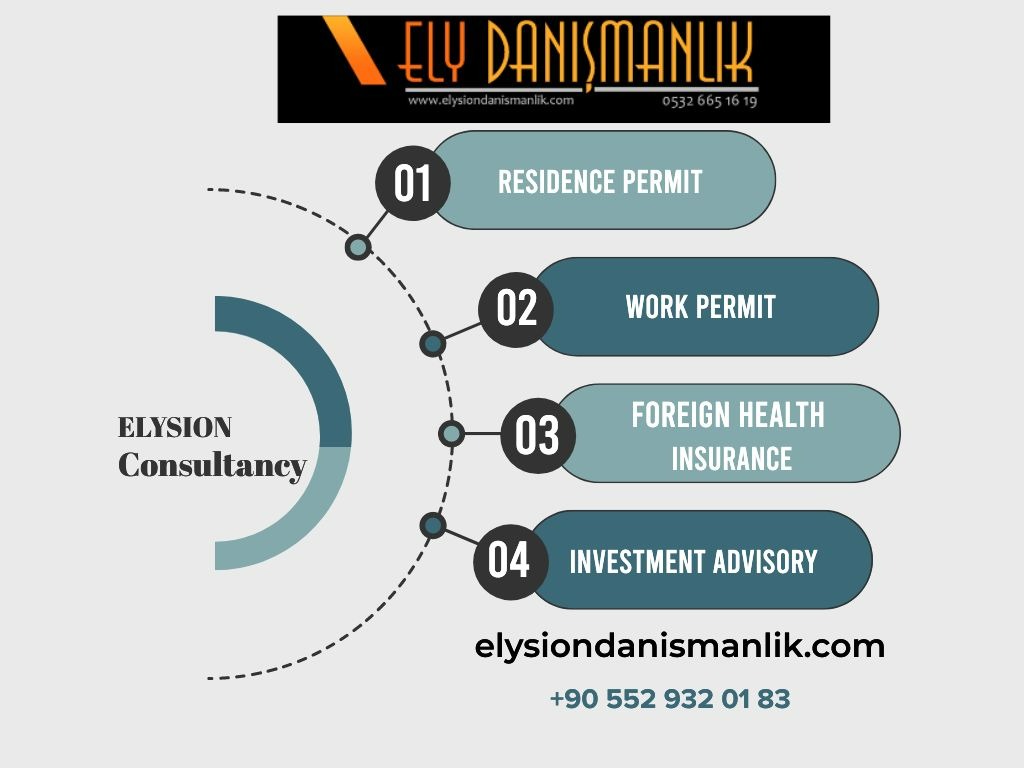How to obtain residence permit for EU Citizens?
Turkey is a popular destination for both European Union (EU) citizens and non-EU citizens seeking to live or work in the country. Residence permit for EU Citizens. However, the requirements for obtaining a residence permit can vary depending on whether the applicant is an EU citizen or a non-EU citizen. In this article, we’ll explore the similarities and differences between the requirements for residence permits for citizens of EU countries and non-EU citizens in Turkey.
Similarities between the Requirements for Residence Permits for EU and Non-EU Citizens

First, let’s look at the similarities between the requirements for residence permits for EU and non-EU citizens in Turkey. In general, both EU and non-EU citizens must apply for a residence permit in order to stay in Turkey for more than 90 days. The residence permit is a document that allows foreigners to legally reside in Turkey for a certain period of time.
Both EU and non-EU citizens must submit an application for a residence permit to the Directorate General of Migration Management (DGMM) in Turkey. Residence Permit for EU Citizens. The application must include certain documents, such as a valid passport, proof of accommodation in Turkey such as a notarized lease contract, and proof of financial means to support themselves during their stay in Turkey (if requested by authorities).
In addition, both EU and non-EU citizens must undergo a health check and obtain health insurance in Turkey. The health check ensures that the applicant does not have any contagious diseases that could harm public health. The health insurance provides coverage for any medical treatment the applicant may need while in Turkey.
Differences between the Requirements for Residence Permits for EU and Non-EU Citizens
One difference is the amount of time that EU and non-EU citizens can stay in Turkey without a residence permit. EU citizens can stay in Turkey for up to 90 days without a residence permit, while non-EU citizens can only stay for up to 30 days without a residence permit.
Conclusion
In summary, the requirements for residence permits for citizens of EU countries and non-EU citizens in Turkey have both similarities and differences. Both EU and non-EU citizens must apply for a residence permit, undergo a health check, and obtain health insurance. It’s important for applicants to carefully review the requirements and prepare all necessary documents in order to successfully obtain a residence permit in Turkey.
